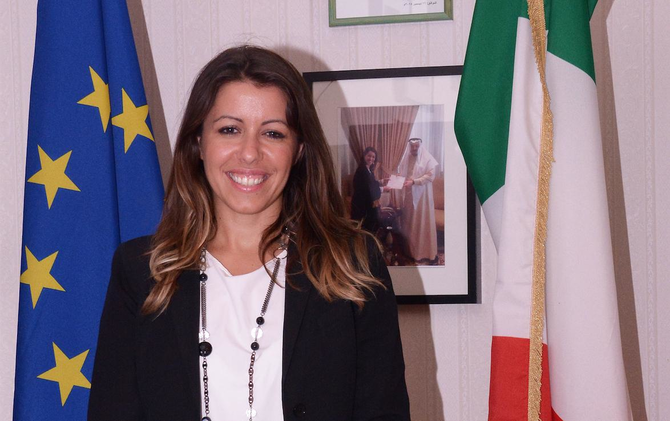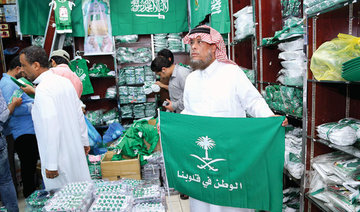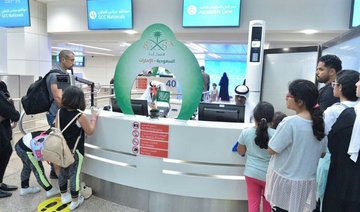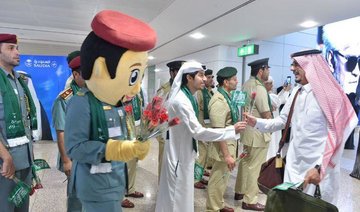JEDDAH: During her nearly three-year stay, the first female Italian Consul General witnessed overwhelming change and development across the Saudi Kingdom with the current leadership.
Elisabetta Martini said she encountered three different experiences with young people in the Kingdom.
“Young people who already organized themselves whether in civil society or formal associations. Those who were a very young generation who really want to recreate western-style organizations or NGOs, even though there is no such a law for these yet in Saudi Arabia,” and she said she found some youngsters who were well-organized even before Saudi Vision 2030 and the General Entertainment Authority (GEA) came to being.
“This type of young people were trying to participate and create the right environment (for themselves). On the other hand, I found others who were eager to do something but they didn’t know what”
She said the third type of young people she met, were the kind who looked for opportunities.
Many Saudis aspire to reach a Western world standard, especially in education. Most of the new Saudi generation are graduates educated overseas.
But she said they still had a strong national pride.
Martini added: “The ‘follow my path, follow the Italian way or the American way,’ approach will never work with Saudis. This is not well-perceived here,” she said.
And Martini said Saudi Vision 2030 will change Western misconceptions.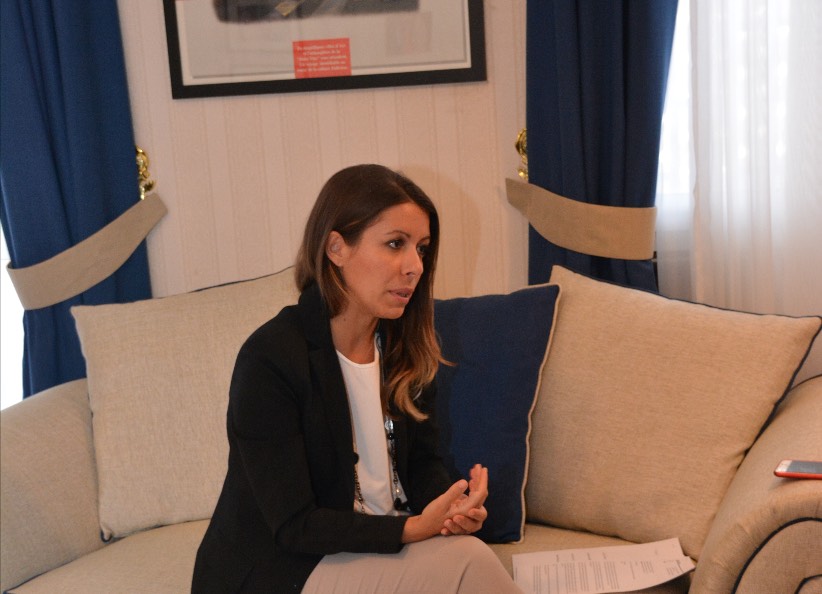
Martini was aware of the difficulties she would face, especially in her private and interactional life, but she said once she was here, she realized things were different for most women.
“Especially for a woman who represents a government,” she added. “Yes, there could be some conservative segment of society that still has difficulties interacting with a lady. But this segment of society understands and respects the fact that you represent a country.”
Martini was told she would see change, but added: “I didn’t expect to see the change happening that fast.”
Martini, who studied for a year in the US, said it is important to vary where Saudi students are sent.
“The western world is not only limited to one of two countries. There is much more the west can offer.” And she said she hoped Saudi students’ international experiences would benefit the whole KIngdom.
“In the past, I heard Saudi scholarship students didn’t want to come back after finishing their studies abroad… Now Saudi students are eager to come back.” she said.
More than 60 percent of the Saudi population is under 30, Martini said, adding that it was important they felt represented.
The young generation is leading government and private entities, such as Sarah Al-Suhaimi, the young Saudi woman named as the first female to head the Saudi Stock Exchange (Tadawul).
Italian artists are extremely interested in Saudi Arabia’s culture, she said. She invited the Muslim Italian artist Maïmouna Guerresi to Jeddah to showcase her art and meet Saudi art connoisseurs.
She said she always showed Italian delegations the city and introduced them to locals.
She previously said a Top CEO panel discussed about Arab world image: “What would really change the image of Saudi Arabia in the world would be to open up to tourism and having a visa for tourists.’”
Italian expats return to their countries with a different image of Saudi Arabia, according to Martini. “People are fascinated by the country and culture here.”
Martini said she has seen many music and dance events taking place across the Kingdom.
She found young Saudis very optimistic. But added that while empowered they were aware of the economic situation.
Saudis know they now have less wealth and at the same time have to work harder, she said, but that there are more opportunities for them.
“They are fully aware there is no money to waste, they need to choose the right path, work hard with a higher level of commitment than before.” she added.
Saudi women are now reaching higher positions. “This is not only an achievement for women, but also their fathers, because a woman could never reach that position if her father or husband was not supporting her,” Martini stressed.
Despite the positive moves for women, she said: “There is no country in the world where there is no problem of gender inequality… I was inspired by Saudi ladies I have met, because they have to fight twice as hard as we fought in Italy.”
She said women know that a lead position does not mean it is the end. “On the contrary, these are just the first steps of a very long path.”
And she recalled Saudi Crown Prince, Mohammed bin Salman’s comments, where he said the country could not progress if half the population was at home.


